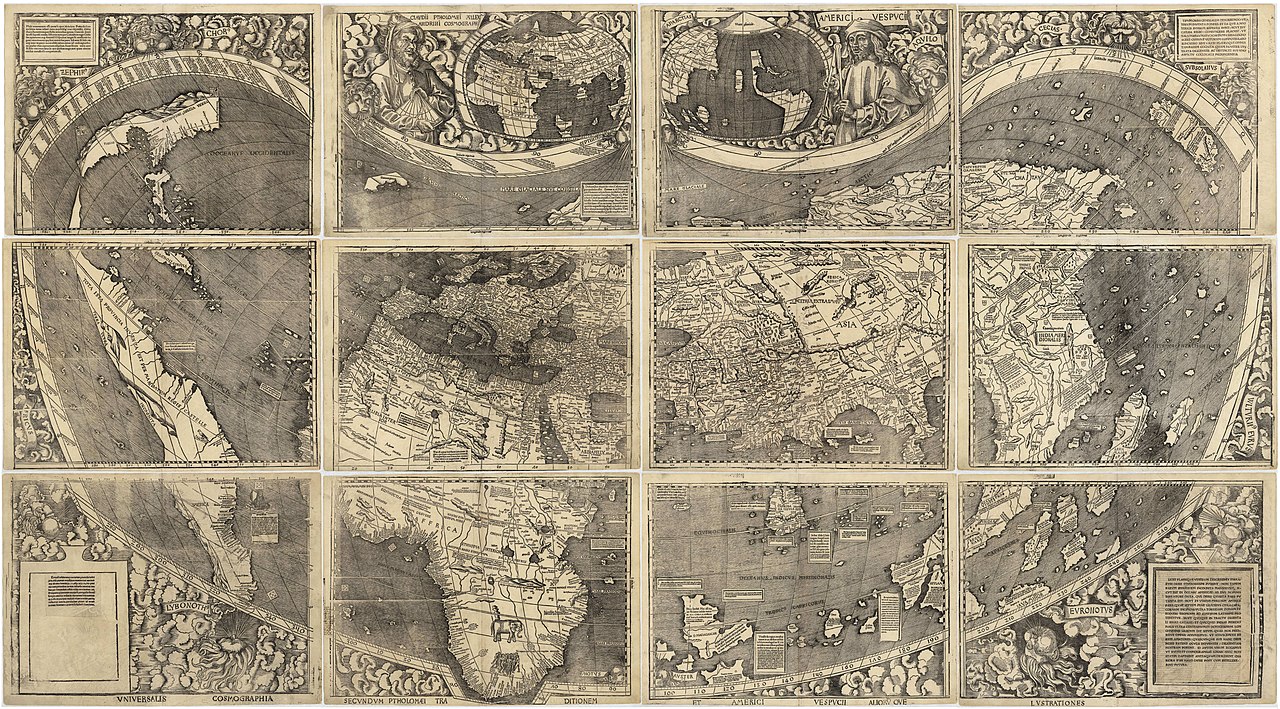In three weeks, I will begin my last year at Brown. There are many things that are bittersweet about this moment; one of the sweetest is my anticipation for my senior thesis. I am especially excited to be working on my project with the support of an undergraduate fellowship from the Cogut Institute for the Humanities. This means that I will be writing and thinking in the company of many other people doing wonderfully exciting things, from documenting LGBTQ movements in Cambodia to exploring the rights of non-human species in the Yukon.

So, what will I be up to? My thesis is primarily concerned with Hannah Arendt. She offers, I argue, the resources to think differently about world-making. To understand what I mean and why I think this argument is important, it helps to illustrate some of the background. World-making intrigues me because of its double meaning: what in French one might mark by distinguishing globalisation and mondialisation. Arendt is attuned to both these processes. On the one hand, she is an astute reader of Karl Marx, who tells us about the crude expansion of horizons forced open by capital. This same process of globalization in the early modern world also led to the Enlightenment. Kant and Hegel developed the principles of rights and cosmopolitanism that are still hegemonic in liberal circles today. It is these rights that Arendt critiqued in a masterful chapter of The Origins of Totalitarianism entitled “The Decline of the Nation-State and the End of the Rights of Man.” She says that the experience of the Jews gives the lie to the Rights of Man. Not only are the Jews denied basic rights because they do not belong to any government, but they are precluded from the very right to have rights: the right to make a community.
Continue reading “Hannah Arendt and World-Making”